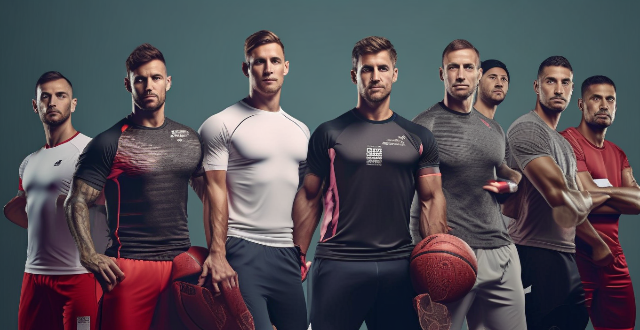The role of a sports analyst in professional sports teams is to collect and analyze data, develop strategies, evaluate performance, support player development, communicate effectively, and continuously learn. They are crucial members of any team as their insights help improve the team's performance and make strategic decisions.

The Role of a Sports Analyst in Professional Sports Teams
A sports analyst is a crucial member of any professional sports team. They are responsible for collecting and analyzing data to help the team improve their performance and make strategic decisions. Here are some of the main duties and responsibilities of a sports analyst:
Data Collection
Sports analysts collect data on various aspects of the game, including player performance, team strategies, and opponent tendencies. They use different tools and techniques to gather this information, such as video analysis, statistical software, and tracking systems.
Data Analysis
After collecting the data, sports analysts analyze it to identify patterns, trends, and areas for improvement. They use advanced statistical methods and models to interpret the data and provide insights that can help the team make informed decisions.
Strategy Development
Based on their analysis, sports analysts work with coaches and players to develop strategies and game plans. They provide recommendations on how to adjust the team's approach to maximize their chances of success against specific opponents or in certain situations.
Performance Evaluation
Sports analysts also evaluate the team's performance during games and practices. They track key metrics and indicators to determine which players are performing well and which ones may need additional support or coaching.
Player Development
Sports analysts play a role in player development by identifying areas where individual players can improve their skills and techniques. They work with coaches to create personalized training programs that target these areas and help players reach their full potential.
Communication
Sports analysts communicate their findings and recommendations to coaches, players, and other members of the organization. They present their reports in clear and concise ways, using visual aids and other tools to ensure that everyone understands the information.
Continuous Learning
Sports analysts must stay up-to-date with the latest technologies, techniques, and trends in sports analysis. They attend conferences, workshops, and other events to learn from experts in the field and share their own experiences with others.
In conclusion, a sports analyst plays a vital role in helping professional sports teams achieve success. By collecting and analyzing data, developing strategies, evaluating performance, supporting player development, communicating effectively, and continuously learning, they contribute to the overall success of the team.